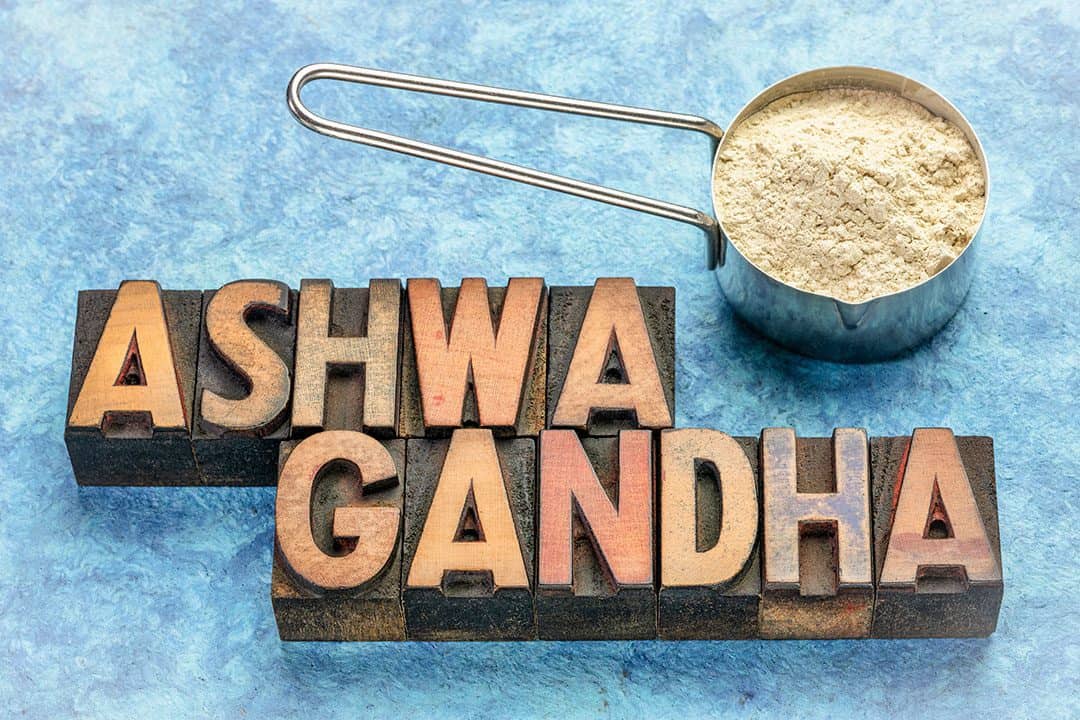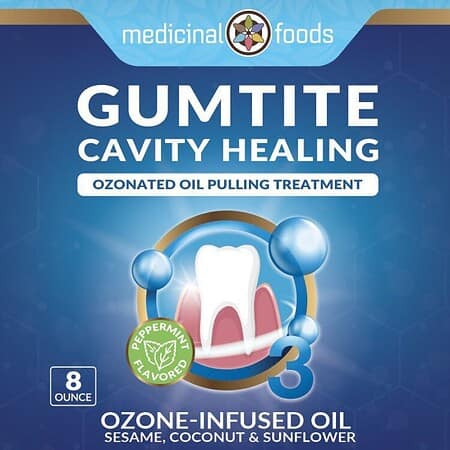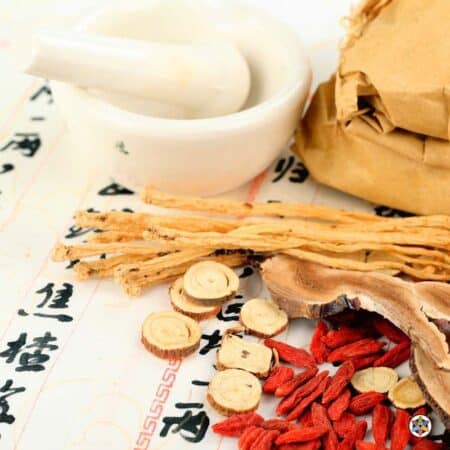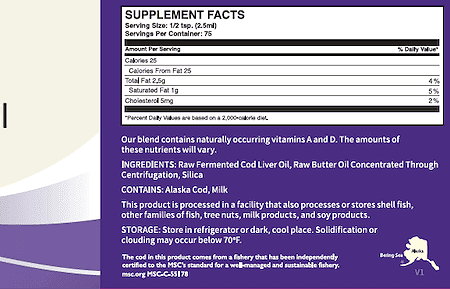Is Ashwagandha safe? Well, it is one of the most powerful healing plants and has been used for many years.
It is often nicknamed “Indian ginseng” because of its rejuvenating properties, although botanically, ginseng and that plant are unrelated. It belongs to the tomato family, is a plump shrub with oval leaves and yellow flowers, and bears a red fruit the size of a raisin.
It is native to India, North Africa and the Middle East, and today is grown in various other countries including the United States. It was used as a wine for therapeutic purposes during the time of Alexander the Great.
In India, this plant has been used for thousands of years as a tonic to rejuvenate the body and as an aphrodisiac.
It contains many beneficial medicinal chemicals, including lactones, alkaloids, choline, fatty acids, amino acids and various sugars.
While the leaves and fruit have significant therapeutic properties, the root of the plant is most commonly used in Western countries. It may help with stress, fatigue, lack of energy and difficulty concentrating.
Medical scientists have studied it for years and completed over 200 studies on the healing effects of it.
It is a plant that everyone needs as a dietary supplement as it helps control stress, fatigue, lack of energy and difficulty concentrating. The negative aspects of modern life leave a mark on the health of our organism on a daily basis, so it is not bad to have a secret weapon.
It is a very powerful antioxidant that destroys free radicals that are responsible for many conditions and diseases and the ageing process. In Ayurveda (traditional Indian medicine) there are certain plants with adaptogenic benefits, Ashwagandha is one of them.
Adaptogens are substances that contain a combination of amino acids, vitamins and herbs, which help your body defend itself against stress, anxiety and insomnia.
It is used in the form of a tonic to prevent disease in athletes, adults and pregnant women.
Several preliminary studies confirm the effect of this plant on the immune system, central nervous system, hematopoietic cell formation and general cell growth.
Its anti-inflammatory properties are effective in a variety of rheumatic conditions, so a significant reduction in the inflammatory process in rheumatoid arthritis has been reported in rats.
Immunomodulatory properties were investigated in mice and rats and it was shown that consumption leads to a significant increase in mobilization and activation of peritoneal macrophages, phagocytes and increased activity of the enzyme lysozyme.
The effect of it on central nervous system functions has also been proven. Neurodegenerative diseases usually cause the irreversible destruction of neural networks of the central nervous system, resulting in permanent functional impairment.
There are currently no effective drugs against neurodegenerative diseases. Its application in Ayurveda has led to research into its effect in conditions such as Alzheimer’s disease and spinal cord injury.
In Ayurveda, it is traditionally used as an adaptogen, which in the case of thyroid health problems means it has a positive effect on hormone secretion in both directions. If the thyroid gland, for example, produces too many hormones, it inhibits their formation.
If the thyroid gland produces too few hormones, it stimulates their production. Recent research has shown that it stimulates the production of thyroid hormones.
However, one should be careful because, with excessive hormone production, it can only make the situation worse. If you have thyroid problems, first consult your doctor or specialist about consuming it.
Our body needs essential vitamins, minerals and other nutrients for maintenance on a daily basis. It is usually consumed in capsule form.
The recommended dose is 600 to 1000 mg twice a day, and for people suffering from insomnia and anxiety, the powder is recommended to be mixed into a cup of hot milk before bedtime.
It is important to note that it is not recommended for pregnant women. Consult a doctor before using it.
It is an excellent ally in the fight against many diseases and conditions, especially in people recovering from long-term treatment. Higher doses of it can cause indigestion.
It is important to note that it is not recommended for pregnant women. Some studies suggest that it in large quantities can cause hyperthyroidism or accelerated thyroid function.
Ashwagandha and antidepressants are also something to pay special attention to. Do not consume it if you are taking antidepressants as it may have an increased effect and therefore unpleasant side effects.
Ashwagandha capsules are a dietary supplement, by no means a substitute for a balanced diet. The capsules are not recommended for pregnant women or people using corticosteroids or other thyroid medications.
Before consuming, first look at the packaging to see how many capsules you need to consume daily. Some manufacturers dispense capsules that need to be taken several times a day, while others need to drink only one capsule a day.
The powder with the addition of water can form a mixture that is applied directly to the sore spot. Its powder is obtained by grinding and sifting the roots of the plant. 1-2 tablespoons of its powder are used daily.
Although it is a safe product, pregnant women should not use it due to insufficient research during pregnancy. Always choose those preparations that are grown according to strict standards of organic farming.
Its powder has been used as a dietary supplement for thousands of years in India. The powder consists of carefully dried ground tubers of this plant. You can add its powder to a smoothie, juice or water.
If you have problems with insomnia try drinking its powder with a warm beverage.
In large quantities, it can lead to abortion in animals.
Although similar studies have not been conducted in humans, pregnant women should not use this powder like any other Ashwagandha-based product.
Ashwagandha safe to buy
One of the most important features is the reduction of stress, a sense of calm but at the same time motivates and gives more energy.
Research has shown that introducing a herbal supplement into your diet can reduce anxiety and stress.
For example, a 2012 placebo-controlled study published in the Indian Journal of Psychological Medicine found that cortisol levels in participants who took 600 mg of ashwagandha extract daily for 60 days were significantly lower than those given placebo. The 2014 DO Review published in the Journal of Biological Sciences cites a handful of studies that point to it as a natural booster of immunity.
This is largely due to withanolides (naturally occurring steroids) found in the root and which, according to the review, contain, among other things, antioxidant, diuretic, cardiorespiratory and anti-inflammatory properties.
In addition, it also contains glycoprotein, a protein responsible for antimicrobial activity (which also kills microorganisms before they have a chance to grow/spread in the body).
Men who have fertility problems could benefit from introducing it into their diet.
According to a study published in the Evidence-Based Complementary and Alternative Medicine, men who took 675 mg of it in three doses over 90 days recorded a 167% increase in sperm count, a 53% increase in semen value and a 57% increase in sperm motility.
It could improve your athletic endurance.
In a 2015 study, researchers estimated the level of oxygen consumption for 50 healthy athletes in their peak physical exertion. Athletes were given a placebo or its supplement to assess how (if at all) the latter could affect their performance.
At eight and 12 weeks of the experiment, it was found that those who took it not only experienced enhanced cardiorespiratory endurance, but their quality of life also improved.
Rats at the gym will also be happy to learn that it has been found to be beneficial for weightlifters as well.
According to a study published in the International Society of Sports Nutrition, subjects who received its supplement recorded a significant increase in muscle strength in the areas of bench press and leg extension exercises, increased arm and chest muscle size, and decreased muscle damage and percentage body fat.
It has been shown to stimulate an underactive thyroid, which is a relief when you consider that low thyroid hormone levels are becoming an epidemic, especially in women.
Although more research is needed on the subject, a study published in the Journal of Alternative and Complementary Medicine found that patients with thyroid disorder had much healthier TSH and T4 levels, and thus more normal thyroid function after eight weeks of its supplementation.
Large doses of it can lead to indigestion such as diarrhoea, abdominal pain and vomiting. In other words, you will want to pay very good attention to the number of supplements you take into your body.
Another thing to keep in mind, because it is considered part of the caster family, may not suit those who have autoimmune diseases, especially autoimmune joint pain.
That said, there are currently not enough studies related to the side effects of using it, so it is best to talk to your doctor to see if the adaptogen is right for you.
It can most often be found in powder form, although it also comes in capsules and tinctures.
As with almost everything in life, what affects your friend’s, mom’s, or favourite influencer’s body doesn’t necessarily hint at your own anatomy. It is, therefore, crucial to talk to your doctor and conduct your own research on the supplement before adding it to your daily routine.
After this article, it is easy to know the answer to the question in the beginning „Is Ashwagandha safe?“


























